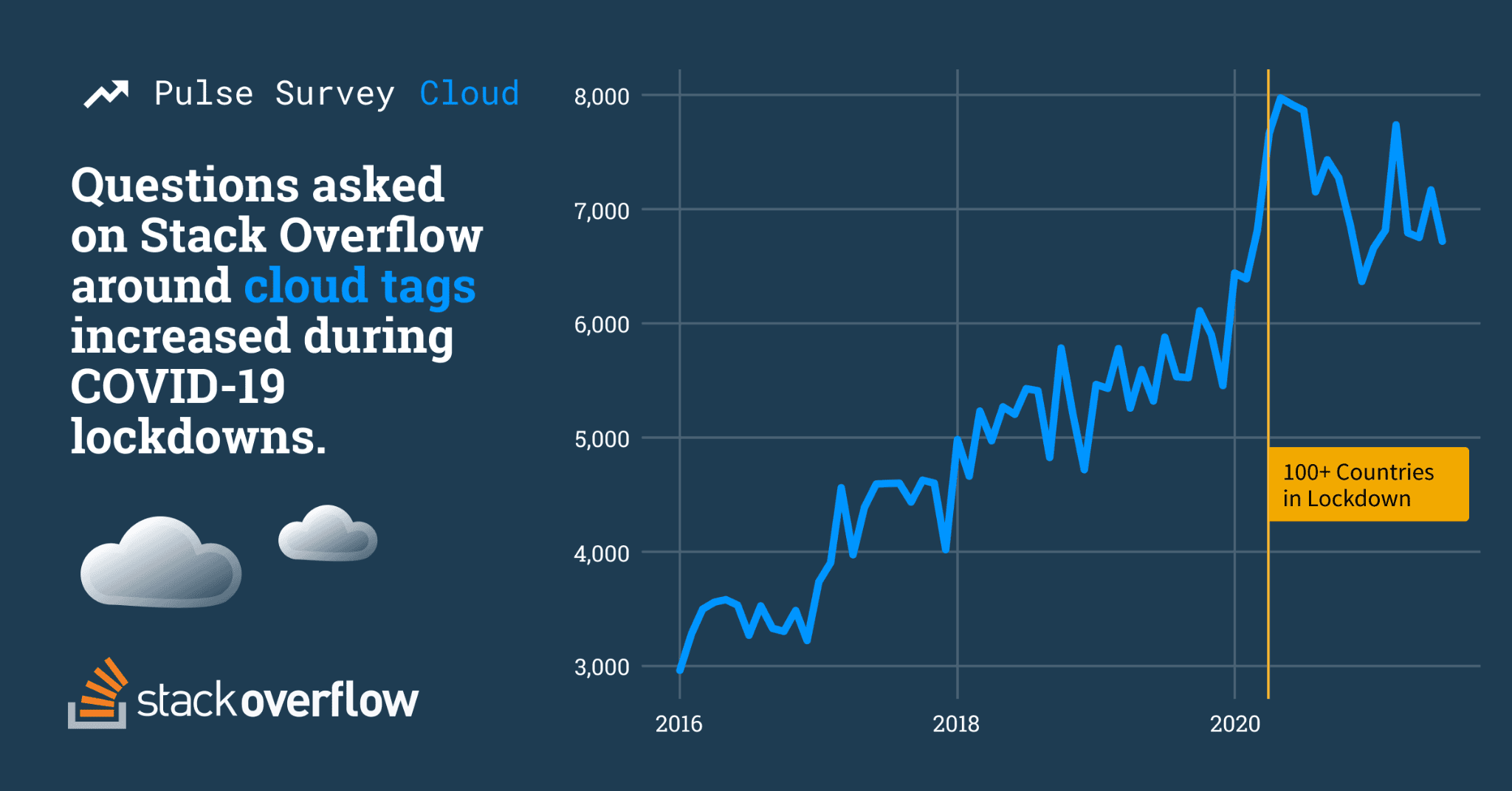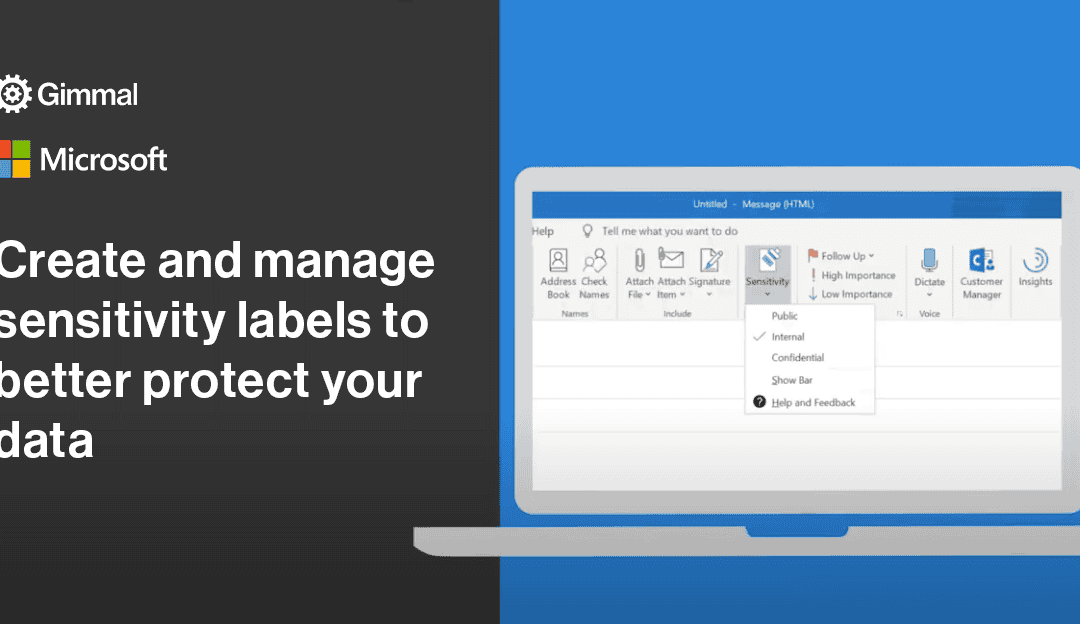Navigating AI and Information Governance – Insights from Gimmal & OfficeLabs

Written by Gimmal Product Marketing
In a recent episode of the Gimmal Podcast, Jason Coggins (Gimmal, UK & Europe) and Graham Bidwell (OfficeLabs) sat down for a deep dive into the fast-evolving worlds of data governance, AI adoption, and the challenges faced by modern organizations grappling with information management. This post distills their candid conversation, focusing on the critical intersections of AI and information governance (InfoGov) – from pandemic-driven change to AI readiness and the practicalities of risk, compliance, and culture.
The Evolving Landscape: From COVID to AI
Pre-COVID: Data in a Walled Garden
Before the pandemic, data governance often meant keeping information behind secure, physical, in-house barriers. Organizations relied on manual processes, on-premises servers, and clear perimeters. The mindset was: “We know where our data is, the server is under the desk, and security is just antivirus and passwords.” Cloud adoption was nascent, and data rarely left the “bubble.”

COVID-19: The Governance Wake-Up Call
Remote work upended this paradigm. Suddenly, endpoints (laptops, mobile devices) multiplied, data was shared over WhatsApp and personal email, and informal silos proliferated. Organizations scrambled for tools to monitor productivity and govern data, often confusing the two.
Key lesson: The traditional, manual, policy-on-the-intranet approach was no longer enough. Data governance needed automation, user-centric design, and robust tooling.
Beyond the Basics: Why InfoGov is More Critical Than Ever
Risk, Compliance, and Education
Post-pandemic, many organizations still struggle to distinguish between risk management and governance. There’s a pressing need for education: compliance teams know the rules, but enforcing them organization-wide remains a challenge. Policies alone are insufficient—controls, automation, and actionable insights are essential.
Tooling: Modern Solutions for Modern Problems
The modern InfoGov toolkit includes:
- Endpoint management
- File encryption
- Password and network controls
- Smart monitoring and real-time reporting
- Discovery and lifecycle management (e.g., Gimmal’s suite)
Gimmal’s solutions offer the ability to discover, classify, and manage both digital and physical records through their complete lifecycle—transforming traditional, labor-intensive processes.
The AI Revolution: Promise and Pitfalls
The Opportunity
AI and automation present tremendous opportunities:
- Generating and processing content faster than ever
- Tagging, reporting, and monitoring information in real time
- Automating retention, deletion, and compliance actions
The Risks
But, AI also introduces new risks:
- Explosion of content: AI tools generate more data, faster, exacerbating storage and lifecycle challenges.
- Unknown data exposure: Without discovery and classification, rolling out AI (like Microsoft Copilot) can inadvertently expose sensitive data to inappropriate users.
- Silo proliferation: Data sprawled across Outlook, OneDrive, Google Drive, Box, Dropbox, WhatsApp, and endpoints.
- Lifecycle and retention gaps: Many organizations lack basic processes for classifying, retaining, or disposing of information, leading to increased risk and regulatory exposure.
Graham coins the phrase, “Copilot stuck in pilot”—organizations stall AI adoption after realizing their data is unclassified, stale, or sensitive, and they risk opening Pandora’s box.

The Path to AI Readiness
Start with Discovery
The first step to AI readiness is understanding what data you have, where it is, and what rules apply. This means:
- Comprehensive data discovery: Across endpoints, shared drives, cloud repositories, and legacy systems.
- Classification: Label data by sensitivity, regulation, and value.
- Lifecycle management: Apply retention schedules, automate disposition, and document every action for auditing.
Automate and Enable
Once data is understood and classified, organizations can automate:
- Routine workflows (e.g., invoice processing, approvals)
- DSAR (Data Subject Access Request) responses
- Retention and deletion policies
This reduces manual workload, improves compliance, and frees staff for higher-value tasks.
Involve People & Change Culture
- Listen to users: Every department and process is unique—one-size-fits-all rarely works.
- Change management: Success hinges on user buy-in and behavior change, not just technology deployment.
- Build cross-functional teams: Governance, IT, legal, and business users must collaborate.
Listen to the Audio Podcast
InfoGov in the Age of AI: What’s Often Missed
- Data Hoarding: Many organizations keep everything “just in case.” This increases risk, hampers DSAR responses, and balloons storage costs. If data has no value or regulatory requirement, dispose of it.
- Legacy Data: The greatest risks often lie in old, forgotten, or stale data—rather than active, work-in-progress files.
- Mergers, Acquisitions, and Legal Holds: AI can help identify, segregate, and report on data during complex M&A activities, ensuring contractual and legal compliance.
- Unstructured Data: InfoGov must span all data types—structured, unstructured, digital, and physical—across all platforms and endpoints.
- DSARs and Subject Access: Handling subject access requests is increasingly labor-intensive and costly. Automating discovery and reporting is essential for compliance and efficiency.
- Vendor Selection: Beware of “shiny” AI solutions that don’t address real problems. ROI guarantees are suspect—focus on solutions with proven, practical value.
Cross-Platform Governance: Single Vendor or Unified Overlay?
Organizations typically pursue one of two strategies:
- Consolidate on a single platform (e.g., Microsoft 365): Simplifies governance but can be disruptive and expensive.
- Unified governance overlay: Tools like Gimmal provide cross-platform visibility and control, minimizing upheaval and supporting hybrid environments.
Sector-Specific Insights
- Public Sector: High compliance maturity but limited resources. Large, dispersed data stores; DSARs proliferate; budgets are tight.
- Finance: Highly regulated, subject to legal holds and frequent DSARs; stakes for data integrity are immense.
- Healthcare/Charity/Manufacturing: Unique challenges in unstructured data, IoT, and operational data—InfoGov must be tailored to each vertical’s needs.
AI Isn’t Magic—It Needs Good Data
AI’s effectiveness depends on the quality and appropriateness of the data it’s trained on. Before deploying chatbots, Copilot, or other AI tools:
- Scope their access to relevant, well-managed data
- Ensure sensitive data is protected and policies are enforced
- Build a “corporate memory” by curating and classifying valuable information
The Gimmal Approach: End-to-End Data Governance
At Gimmal, our focus is AI readiness and end-to-end data governance. We help organizations:
- Discover what data they have, where it resides, and its compliance requirements
- Classify and apply retention/disposition policies, with full audit trails
- Manage legal holds and support DSARs efficiently
- Migrate and integrate data across platforms (including SAP–SharePoint via Link Enterprise)
- Govern digital and physical records, structured and unstructured, across cloud and on-premises
Our solutions are particularly valuable for organizations with diverse platforms and repositories, giving unified visibility and control.
Final Thoughts: What Needs to Change?
- Stop Data Hoarding: Delete what doesn’t serve a purpose or meet a regulatory requirement.
- Automate Low-Value Tasks: Let people focus on meaningful, high-value work by automating the rest.
- Put InfoGov in the Room: Make information management a core part of every project, from the outset—not an afterthought.
- Choose Tools That Solve Real Problems: Avoid hype; invest in solutions that drive compliance, efficiency, and risk reduction.
Ready to Take Control of Your Data?
If you’re facing challenges around AI readiness, data risk, compliance, or DSARs—Gimmal and OfficeLabs are here to help. Book a discovery session with us to see how we can empower your organization with actionable, efficient, and future-proof information governance.
Get Started or Learn More
Request a demo.
See us at upcoming events: AIM, ARMA, and more—check out our events page for more details.
Ready To Speak With Us?
Get started by filling out the form below, and let us help you leverage your existing infrastructure with minimal disruption. Whether you’re looking for ease of use, a single platform solution, or guidance on information governance, we’re here to assist.
Related Content

Podcasts
Podcasts Expert Interviews and Best Practices for Modern Information Governance 23 SEPT Navigating AI and Information Governance Part II – Insights from Gimmal & Office Labs Jason Coggins (Gimmal, UK & Europe) and Mike Nicholas (Office Labs) sit down for a...
Gimmal and Morae: A Game-Changing Partnership in Information Governance
Gimmal and Morae: A Game-Changing Partnership in Information Governance Aug 20, 2025 The information governance (InfoGov) landscape is evolving at a rapid pace, and the recent acquisition of Gimmal by Morae marks a pivotal moment for our industry. In a recent episode...
Stop Hoarding: Data Retention & Deletion Imperatives for Risk Mitigation
Stop Hoarding: Data Retention & Deletion Imperatives for Risk Mitigation Jun 11, 2025 At Gimmal, our mission is to help organizations effectively manage information, reduce risk, and ensure compliance in an ever-evolving regulatory landscape. In a recent webinar,...
End-to-End Email Records Management: How Gimmal & Colligo Are Automating Compliance for Modern Organizations
End-to-End Email Records Management: How Gimmal & Colligo Are Automating Compliance for Modern Organizations May 7, 2025 Managing records in a modern organization is no easy feat—especially when so much critical business information flows through email. That’s why...

Gimmal Extends Microsoft Purview Information Protection Solution for Enhanced Sensitive Data Labeling and Governance
Thursday, June 20, 2024 – HOUSTON, TX – Gimmal, the market’s only end-to-end information governance platform, announced today the launch of their Microsoft Purview Sensitivity Labels solution to extend and enhance sensitive data classification for unstructured...
